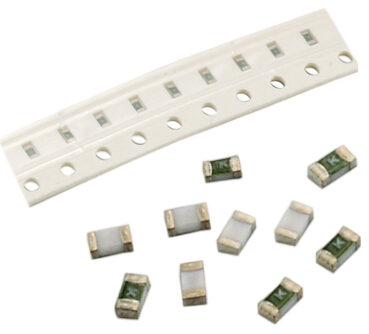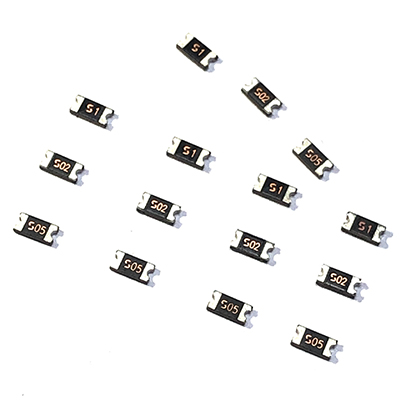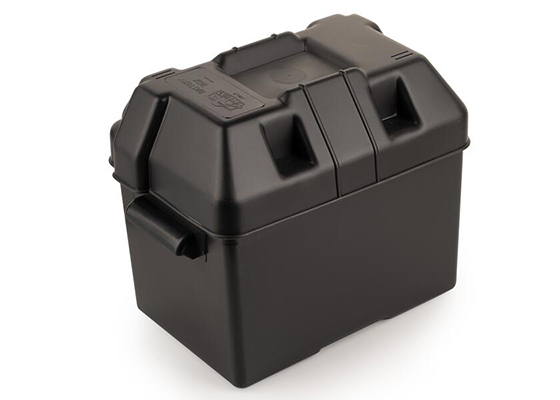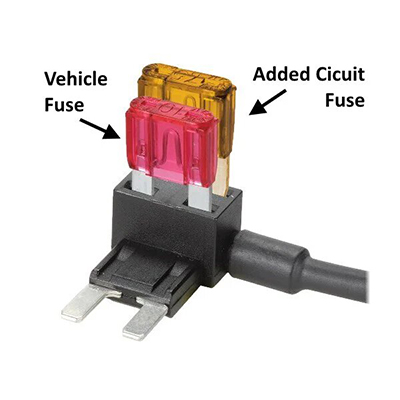Fuses for Automotive Seat Heating Systems: Ensuring Protection of Heating Elements
News 2025-10-24
In modern vehicles, seat heating systems provide comfort by warming seats quickly, especially in cold climates. Fuses play a critical role in these systems by safeguarding heating elements from damage due to overcurrent or short circuits. This protection is vital to prevent failures that could lead to costly repairs or safety hazards. By integrating reliable fuses, automotive manufacturers ensure the longevity and efficiency of seat heating components, maintaining both performance and user safety in various driving conditions.

Application Scenarios in Vehicles
Automotive seat heating systems are commonly found in cars, trucks, and SUVs, where they enhance driver and passenger comfort. Fuses are applied in these scenarios to protect against electrical faults, such as when a heating element malfunctions or when wiring issues arise. For instance, in electric vehicles with advanced climate control, fuses must handle higher voltages and rapid current changes. This ensures consistent operation without compromising safety, making fuses indispensable in both luxury and standard models across different environmental conditions.
Performance Advantages of Specialized Fuses
Fuses designed for automotive seat heating offer key benefits, including fast response times to interrupt circuits during overloads, reducing the risk of thermal runaway. Their compact size allows easy integration into tight spaces within vehicle designs, while high-temperature resistance ensures reliability in heated environments. Additionally, these fuses provide precise current ratings that match specific heating element requirements, enhancing energy efficiency and extending the lifespan of the system. This focus on durability and accuracy supports better overall vehicle performance and reduces maintenance needs.
Frequently Asked Questions
1、What role does a fuse play in seat heating systems?
A fuse acts as a safety barrier, breaking the electrical circuit to prevent damage from excessive current and potential fires.
2、How do fuses improve the reliability of automotive heating elements?
By quickly detecting and responding to faults, fuses protect components from overheating, ensuring longer service life and consistent performance.
3、What factors should be considered when choosing a fuse for these systems?
Key factors include the fuse’s current rating, voltage compatibility, and thermal characteristics to match the specific demands of the vehicle’s heating setup.


